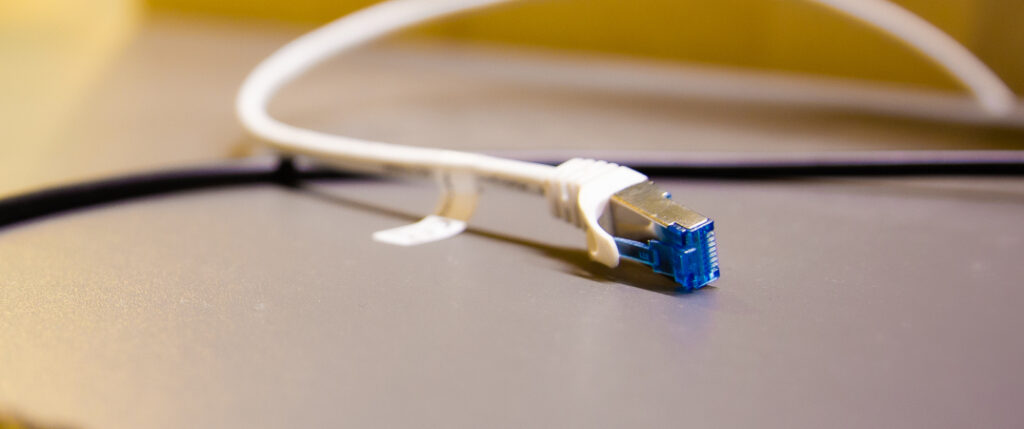A step toward digital equality in Europe
How does the draft declaration of digital rights and principles set forth by the European Commission fit with the mission of 48percent? We explain here!


Recently a draft Declaration for Digital Rights and Principles was put forward to the European Parliament by the European Commission. If passed, the declaration will be an instrument that policy makers can use to promote a digital transformation in Europe.
As a foundation working toward equitable access to connectivity, we applaud this effort, and hope that in the event this declaration is signed by all member states of the EU, it will be another step forward on the path towards digital equality. Our foundation coordinator Pollien answered some questions to share her thoughts about the draft declaration and its impact.
Can you explain in a nutshell what this draft declaration entails?
You can see it as the digital constitution for the European Union. It’s meant as a political framework for citizens, companies, and policy makers in the EU to help regulate digitization of the economy and society. It has a strong ‘people first’ principle, stating that technology should serve the people, not the other way around.
What impact does the digital divide have on people living in Europe?
Connectivity has the power to act as a potential equalizer in society. The problem right now, however, is that it is not acting as an equalizer, but rather a replicator, or even in some cases an amplifier, of social inequalities. This all is shown through the digital divide, which is growing rather than decreasing. The digital divide mostly aligns with gender lines, socioeconomic divides, education divides, and disabilities.
The digital divide is not closing, it’s getting bigger. Technological development and digitization of society is going at such an accelerated pace that the people who consider themselves digital natives now will have fallen behind in a couple of years if they don’t keep up. The people that are already behind now, face an almost insurmountable challenge in overcoming this.
How does digital literacy fit into the story?
We live in a world where digital literacy entails much more than searching on google or knowing how to send an email. It’s ingrained in every aspect of our lives and impacts almost all the aspects of participation in society. It’s also not a static thing, but changes during the course of our lives.
How does this declaration relate to the mission of 48percent.org?
48percent.org strives to facilitate equitable access to connectivity. That means that we believe there is no one size fits all solution, but rather that solutions should fit the circumstances. Solutions should contain technology, digital skills and digital awareness.
This declaration is not a silver bullet, but it is another instrument that organizations like 48percent.org but also citizens themselves can use to put pressure on policy makers to live up to the European laws that are already in place. For example, the law that states everybody in the European Union will have access to high speed connectivity before 2030. That is already something the member states agreed upon. There is even agreement on what the minimal amount of bandwidth and data is that everybody should have access to in order to participate at a basic level. And yet, there is still a lot of digital inequality across Europe.
Technology is sometimes seen as either the solution or the problem, depending on the context. We don’t see technology as just good or bad, but rather as a piece of the puzzle. It can be both, and solid regulation will help amplify the good and protect people from the bad.
What comes next?
With the new cabinet being formed in the Netherlands, we now have a State Secretary of Digital Affairs. My hope is that she not only focuses on high level issues like AI and cybersecurity on a national level, but also on making sure that everybody is included in this ongoing digital revolution. That means affordable internet access, devices for people that can’t afford them, and very easy and local access to digital literacy training and knowledge. Don’t get me wrong, the high level issues are very important of course, but digital confidence and awareness starts with regularly and socially using the internet. So the government should help make this possible for everybody.
We will be watching the progress of this in the European Parliament in order to see what concrete effects this declaration has, and how we can use it to further the progress of our mission.
If you are interested in finding out more about what we do at 48percent.org or collaborating with us, you can contact us through our website or on Twitter, Linkedin, and Facebook.